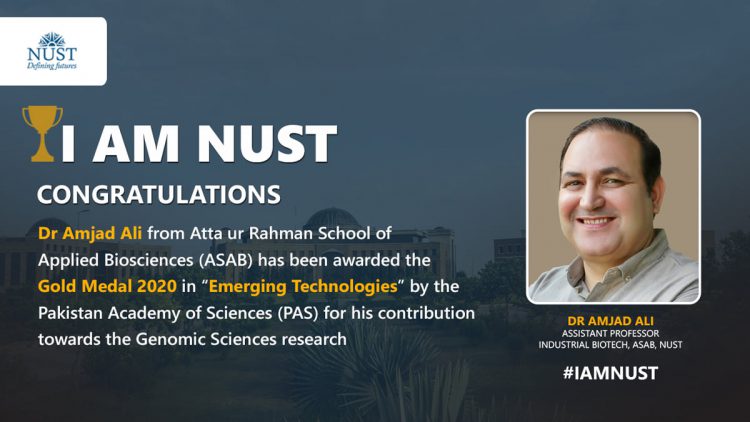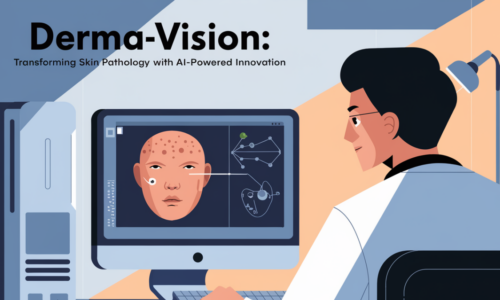One of the fastest evolving areas of sciences is “Genomics”, enabling the study of genes in large quantity, at once, along with technological advances such as Next Generation Sequencing making it possible to rapidly predict, diagnose, and treat diseases more precisely and personally than ever. Among the notable breakthroughs in the early 2000s, include the sequencing of the complete blueprint of the human genome, this is followed by thousands of pathogenic microbial species along with development in sequencing technologies. These genomic technologies are playing a vital role in studying and control of infectious disease threats. The rapid and accurate analysis of pathogen genomes enables the detection of new threats (virulence factors and acquired antibiotic resistance), potential outbreaks, and information of the mode of dissemination of these infections, locally and beyond borders.
Together with microbial genomics, bioinformatics is increasingly contributing to our understanding of pathogens genomics by developing robust tools and analysis frameworks for diagnostics and therapeutics design. In this context, Dr. Amjad Ali (iBG Lab), an Associate Professor at Atta-ur-Rahman School of Applied Biosciences, NUST has made significant progress and developed tools such as VacSol and PanRV (published in BMC Bioinformatics, 2017 and 19) enabling the scientific community to deal with a large amount of microbial genomic data for diagnostics, diversity, evolution, and prediction of potential vaccine candidates. Therefore, these tools contribute towards the detection and control of infectious diseases and accelerating the pace of microbial vaccine development. The results of this work have been contributed to “database commons”, a comprehensive collection of publicly available biological databases encompassing diverse data types (published in Nucleic Acids Research 2021).
Recently, Dr. Amjad Ali has been awarded the Gold Medal 2020 in “Emerging Technologies” including Biotechnology, Nanotechnology, Molecular Biology, and Bioinformatics by the Pakistan Academy of Sciences (PAS). This Gold Metal in recognition of his outstanding research contributions in his field, including more than 100 journals published and being cited for more than 2000 times, all around the world.
References:
- VacSol: a high throughput in silico pipeline to predict potential therapeutic targets in prokaryotic pathogens using subtractive reverse vaccinology BMC Bioinformatics 2017. doi: https://doi.org/10.1186/s12859-017-1540-0
- PanRV: Pangenome-Reverse vaccinology package for identifications of potential vaccine candidates by exploiting the microbial pangenome BMC Bioinformatics 2019. doi: https://doi.org/10.1186/s12859-019-2713-9
- Database Resources of the National Genomics Data Center, China National Center for Bioinformation in 2021. Nucleic Acids Research 2021. https://doi.org/10.1093/nar/gkaa1022
The author is an Associate Professor at Atta Ur Rahman School of Applied Biosciences, National University of Sciences & Technology (NUST). He can be reached at amjad.ali@asab.nust.edu.pk





